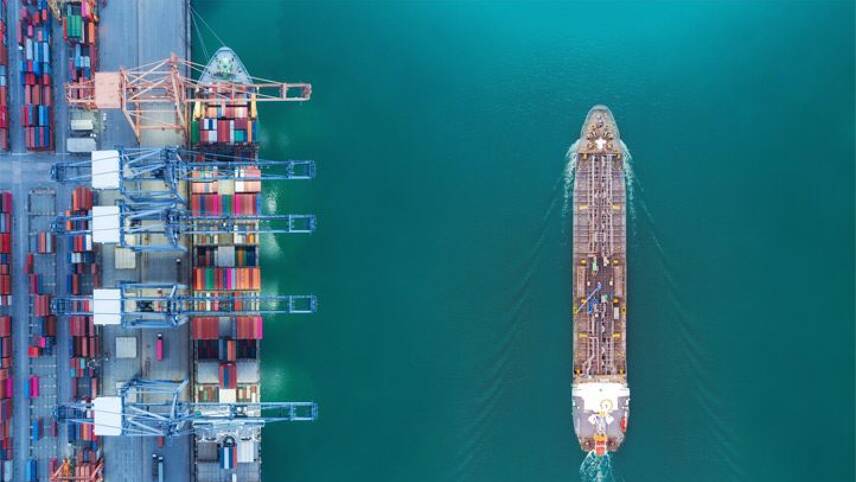Register for free and continue reading
Join our growing army of changemakers and get unlimited access to our premium content

At the 80th meeting of the Marine Environment Protection Committee (MEPC 80), the Member States officially endorsed the 2023 IMO Strategy on Reduction of GHG Emissions from Ships.
The new strategy has set targets for a minimum 40% reduction in CO2 emissions per transport work in international shipping by 2030, and a minimum 70% reduction, with an aspiration of 80%, in total annual GHG emissions from international shipping by 2040.
IMO secretary-general Kitack Lim said: “The adoption of the 2023 IMO Greenhouse Gas Strategy is a monumental development for IMO and opens a new chapter towards maritime decarbonisation. At the same time, it is not the end goal, it is in many ways a starting point for the work that needs to intensify even more over the years and decades ahead of us.”
Currently, the shipping industry accounts for 3% of global greenhouse gas (GHG) emissions, and projections indicate that without intervention, these emissions could more than double by 2050.
Despite limitations, the new IMO strategy is expected to signal an accelerated transition, prompting the shipping sector and fuel producers to increase the scale of zero and near-zero carbon fuel demand this decade.
However, green groups have claimed that measures fall short of what scientists deem necessary for the shipping sector to effectively combat climate change.
WWF head of delegation at the IMO, Mark Lutes, said: “The IMO emissions reduction strategy has missed the boat on the 1.5C pathway. There’s no time for half measures, vague commitments and slow progress.
“We need all sectors to follow the science and raise their ambition to limit warming to below catastrophic levels. The world is in deep water and levels are rising, with climate impacts already devastating lives around the world.”
UK investments
As for the UK, the Government has set goals to achieve a 28% reduction in domestic and the UK’s portion of international shipping by 2035, relative to the levels recorded in 2019.
In a bid to decarbonise the maritime sector, the Government has announced an investment of £34m as part of the Clean Maritime Demonstration Competition (CMDC).
Funded by the UK Shipping Office for Reducing Emissions (UK SHORE), the competition seeks to accelerate the shipping industry’s net-zero transition by fostering the development of innovative and sustainable technologies such as alternative fuel sources for freight ships and battery-powered vessels.
The fourth round of funding has raised the cumulative investment through the CMDC to £129m. Across the UK, more than £95m has been awarded to 105 projects in the initial three rounds of the CMDC.
UK Chamber of Shipping chief executive Sarah Treseder said: “Instilling confidence in the UK shipping industry to invest in new technologies and fuels is central to reaching net-zero.
“This funding, with a focus on real-world demonstrations, will help to do that and unlock investment from across the shipping community to deliver the technologies that will reduce emissions while ensuring shipping remains at the heart of the UK’s economy.”


Please login or Register to leave a comment.